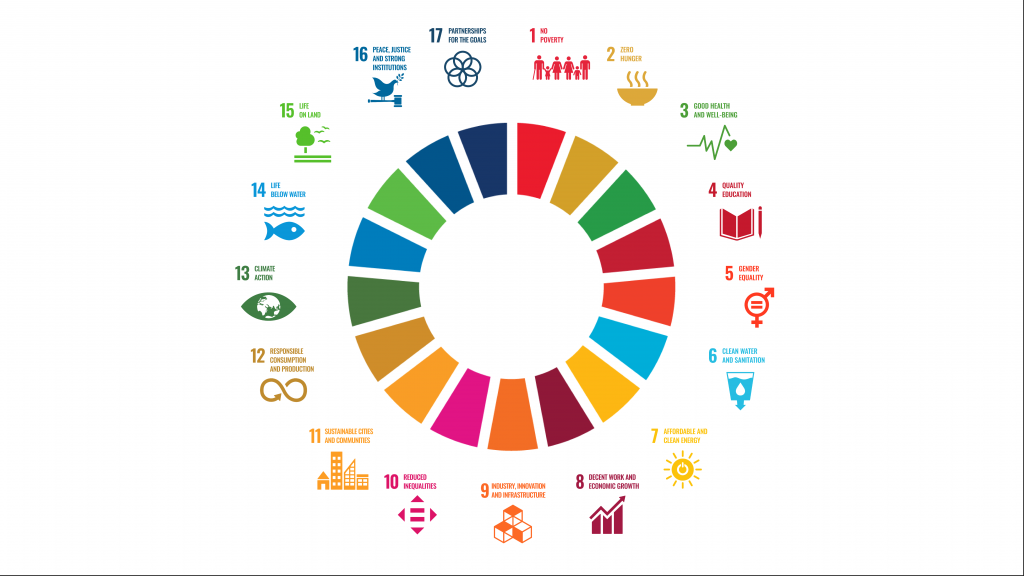TAI’s brand and corporate responsibility
TAI trains professionals in different fields for the needs of the labour market. The changing working life also requires students to have the ability to change and to acquire new skills. Environmental competence is no longer a competitive advantage for companies but a prerequisite for survival. The same competence is also expected of employees. Therefore, students must learn to act responsibly in their profession, taking environmental perspectives into account, and be able to adopt new modes of operation in a changing world.
Educational institutions play a huge role in companies’ environmental competence through their ‘handprint’. When educational institutions succeed in training professionals who feel environmental responsibility, they take their environmental competence to workplaces and make the operations of companies more responsible. For this reason, it is important to integrate responsibility and environmental competence into all teaching and activities at TAI.
See below or on the TAI animation on YouTube for how the four strategic priorities designated by TAI management are linked to the UN Sustainable Development Goals. TAI’s activities are guided by the strategic priorities, and each of us must act according to them.

The City of Turku’s climate targets and the circular economy roadmap
Turku has set as its goal to be carbon neutral by 2029 and to remain climate-positive from that year forward. Being climate positive means that more carbon is bound in the city’s area and its activities than is released into the atmosphere. The goal is ambitious and requires measures throughout the city organisation.
The Sustainable Development Goals have been integrated into both the Mayor’s Programme and the City Strategy. The City Council approved the Turku Climate Plan in 2018 and updated it in 2022. The goals apply to all activities of the City of Turku, including the Vocational Institute.
The city aims to mitigate climate change particularly by investing in a carbon-neutral energy system, promoting low-carbon mobility and sustainable urban construction, and by strengthening carbon sinks, i.e., structures that bind carbon from the atmosphere. By these measures, Turku City Group will set an example for all actors in the region.
Further reading:
Carbon neutral Turku | Turku.fi
Our climate target | Turku.fi
Turku Climate Plan 2029 by Turun kaupunki – Åbo stad – Issuu
Summary: Green transition
- Environmental competence is not a competitive advantage for companies but a prerequisite for survival. Therefore, professionals in all fields must learn to adopt new modes of operation and act responsibly and with environmental perspectives in mind.
- The environmental handprint of educational institutions means that students and professionals with environmental competence take their competence to workplaces and make companies more responsible.
- The City of Turku’s ambitious climate, circular economy and environmental goals apply to the entire city organisation – including Turku Vocational Institute.
